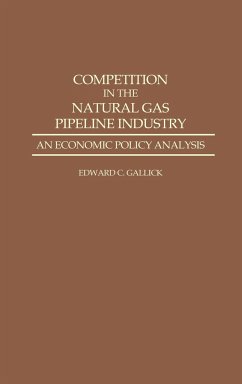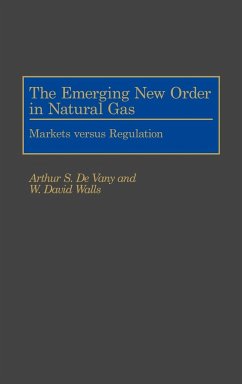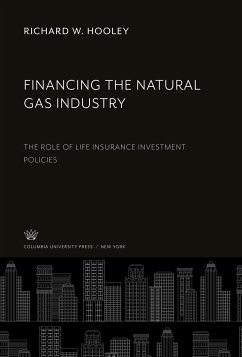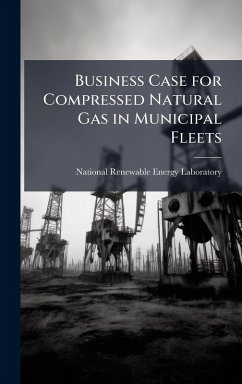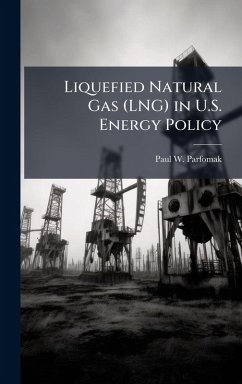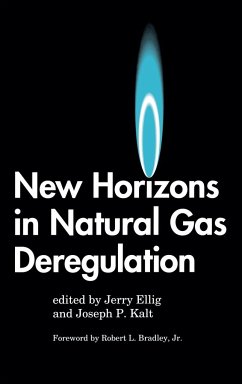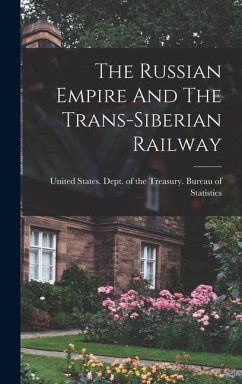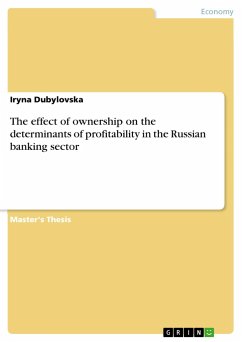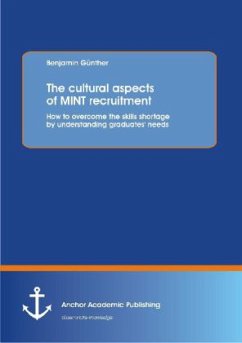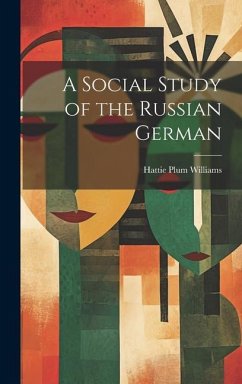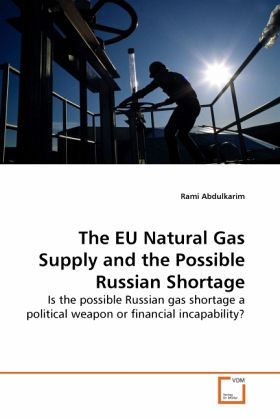
The EU Natural Gas Supply and the Possible Russian Shortage
Is the possible Russian gas shortage a political weapon or financial incapability?
Versandkostenfrei!
Versandfertig in 6-10 Tagen
32,99 €
inkl. MwSt.

PAYBACK Punkte
16 °P sammeln!
Considering that EU natural gas import dependence will reach 70-80% of the total EU consumption in 2030 which is estimated at 726 bcm, this book is studying the EU gas market sources, with particular emphasis on Russian domination. The book focuses entirely on the financial aspect to study the Russian capacity to supply rather than the political aspect, which is more related to the willingness to supply. It finds that Gazprom is unable to finance new production and transmission projects. Therefore, Russia cannot increase its gas exports to the EU even if it has the will to do so. Gazprom's mon...
Considering that EU natural gas import dependence will reach 70-80% of the total EU consumption in 2030 which is estimated at 726 bcm, this book is studying the EU gas market sources, with particular emphasis on Russian domination. The book focuses entirely on the financial aspect to study the Russian capacity to supply rather than the political aspect, which is more related to the willingness to supply. It finds that Gazprom is unable to finance new production and transmission projects. Therefore, Russia cannot increase its gas exports to the EU even if it has the will to do so. Gazprom's monopoly over the Russian pipeline system increases competition amongst the EU companies to buy gas from the Russian company leading to higher prices for EU consumers. Also, high dependence on Russian gas means that liberalisation of the gas and electricity markets in the EU cannot bring in full competition. Liberalisation has damaged the negotiating position of the EU gas and electricity companies in securing their gas supply. It concludes that LNG cannot accommodate the EU increasing gas requirements and that phasing out nuclear power is further deepening the problem.



